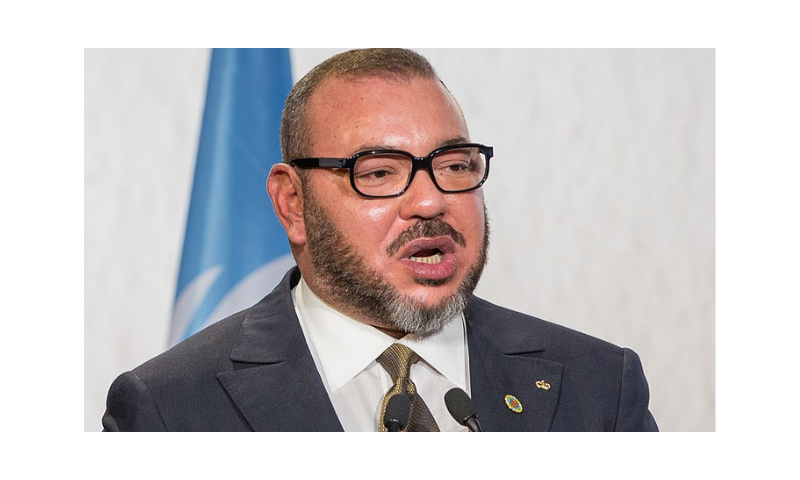Morr Link and Pnina Sharvit Baruch
INSS, July 26, 2023
“The recognition of Moroccan sovereignty in Western Sahara aligns with Israel’s position vis-à-vis the Palestinians, and could potentially serve as a precedent for implementing the right to self-determination for a national minority within a framework that does not involve an independent state.”
On July 17, 2023, the Royal Palace in Rabat published an official statement announcing Israel’s recognition of Moroccan sovereignty over Western Sahara. This development comes two and a half years after Israel and Morocco signed a normalization agreement in December 2020 as part of the Abraham Accords. While the agreement did not require Israel to recognize Moroccan sovereignty over the area, the issue received prominent mention in the third paragraph, with the United States declaring its recognition of Moroccan sovereignty over Western Sahara – indeed, one of the main incentives for Morocco to renew relations with Israel. The importance of the issue for Morocco was further elucidated by Moroccan King Mohammed VI in August 2022, who stated that Morocco gauges its relations with other countries through the prism of the Saharan question.
Rapid developments have marked Israel-Morocco relations since their renewal under the Abraham Accords. Over the past two years the volume of bilateral trade has increased significantly, new collaborations have sprung up in research, culture, and sports, and hundreds of thousands of Israelis have visited Morocco. Security cooperation between the countries has also been strengthened. Morocco continues to enhance its military capabilities to address threats from the separatist Polisario Front, which receives support from Algeria and Iran, and does so partly with Israel’s assistance. In the last year alone, high-ranking military personnel from both countries exchanged public visits, agreements were signed on security and cyber cooperation, and arms deals were reached, including the sale of drones and air defense systems.
In spite of these impressive developments, relations between the countries still lack significant elements: the upgrade of the liaison offices to full embassies – a move that was agreed upon but not yet realized – and summit meetings between the respective leaders. Israel’s recognition of Moroccan sovereignty in Western Sahara is expected to facilitate the removal of obstacles and pave the way to further progress. The move is also significant for other aspects of bilateral relations as well as within the broader context of the international arena, presenting potential implications for which Israel must be prepared. … [To read the full article, click here]
_______________________________________


